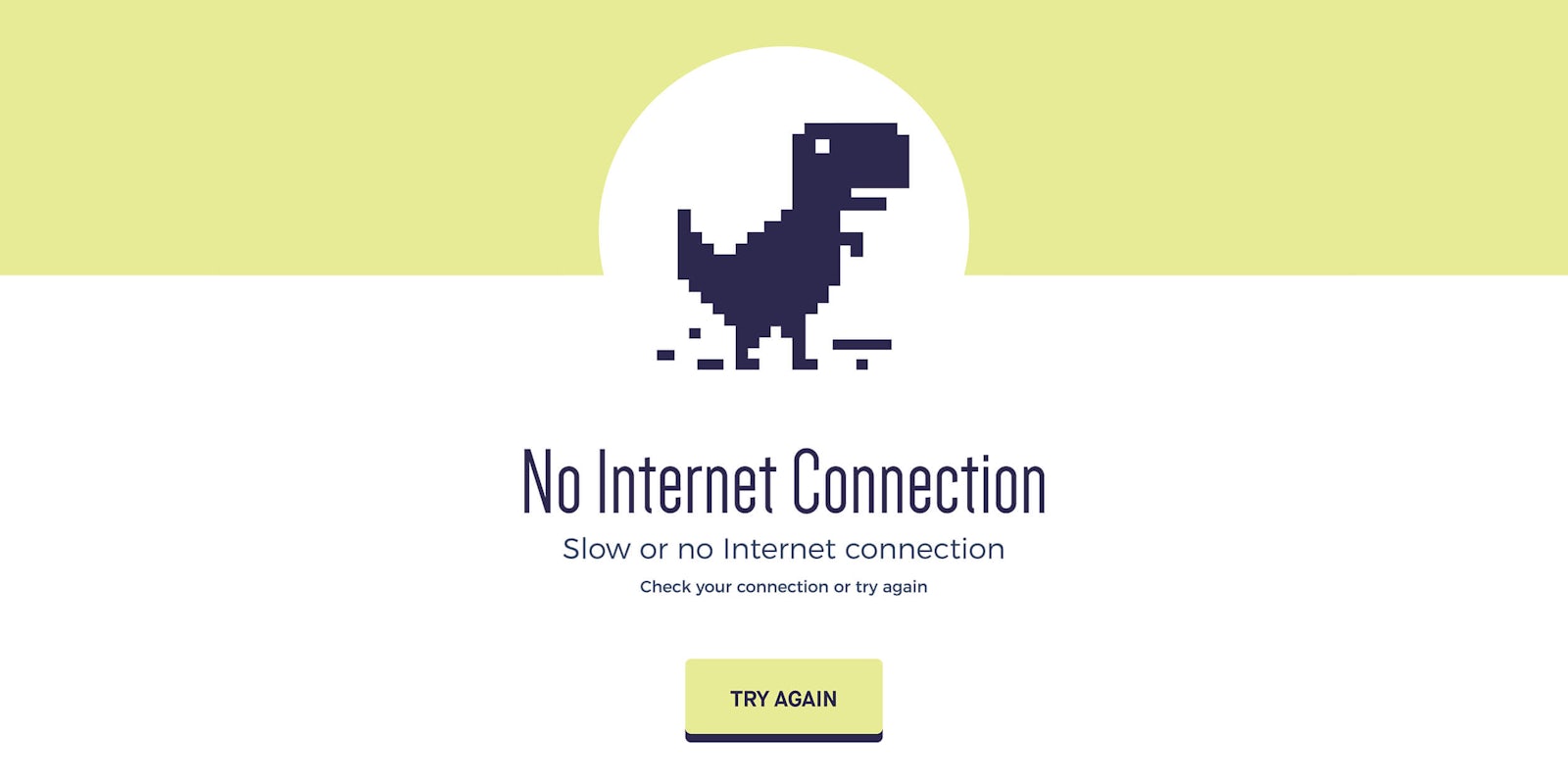The nation’s digital infrastructure is being put to the test as millions of Americans stay home to slow the spread of coronavirus. Advocates of democratizing digital access say that test is failing miserably—and that it could be deadly.
The Guardian reported Monday that research by M-Lab, an open-source project that monitors global internet performance, shows significant slowdowns in internet speeds nationwide since social distancing began.
From February to mid-March, when people began staying home, there was a 10% increase in counties where broadband speeds fell below the government standard of 25 megabits per second (Mbps).
By late March, most residents of 62% of U.S. counties didn’t have the government’s minimum download speed for broadband internet, according to M-Lab.
In a time when people are relying on the internet for school, work, supplies, and even healthcare, disruptions to internet service have potentially deadly consequences.
“This is going to kill people,” M-Lab co-founder Sascha Meinrath told the Guardian.
Internet service providers have claimed that their networks are functioning well.
M-Lab researchers say that is a misstatement, according to the Guardian, and that upload and download speeds are falling in much of the country. People are experiencing disruptions, sluggishness, and other issues with their service, the researchers say.
For years, experts have been concerned about the nation’s digital infrastructure. A 2018 op-ed in Bloomberg claimed it was “crumbling.”
Although President Donald Trump is among those who have championed improving internet access, the digital divide, which refers to disparities between Americans who have high-speed internet access and Americans who don’t, remains stark. Last year, the Pew Research Center reported that 79% of suburban households had broadband internet compared to just 63% of rural households.
In ordinary circumstances, this divide is an educational and economic hindrance. During a pandemic, it’s a grave risk, albeit one that experts saw coming.
In 2017, the American Medical Informatics Association urged the Federal Communications Commission (FCC) to address the digital divide’s impact on health.
“AMIA believes that access to broadband is, or soon will be recognized as, a social determinant of health,” the group said at the time.
There have been limited improvements since then.
Now, internet slowdowns during the pandemic are impacting Americans in rural and urban areas.
Those without reliable internet are at a great disadvantage for working or attending school from home, exacerbating existing economic and education disparities. People who otherwise may have used telehealth may be forced to put themselves at risk of contracting coronavirus in order to seek medical care. The inability to access reliable information about the pandemic may leave some essentially flying blind.
As with the digital divide, poor areas, which often overlap with communities of color, are among the most affected.
In New York City’s poorest borough, the Bronx, which has a population of 1.4 million, broadband speeds have dropped 10Mbps during the pandemic, M-Lab reports.
In an earlier draft of the pandemic stimulus bill, Congressional Democrats proposed $2 billion to keep people connected.
The final version of the bill provided a fraction of that number. It includes just $325 million, with $200 million for telehealth and $125 million for distance learning.
A former FCC senior staff member told the Guardian that this wasn’t nearly enough. “Congress didn’t take it seriously,” said Gigi Sohn, a distinguished fellow at the Georgetown Law Institute for Technology Law and Policy.
Sohn added, “It’s a shame it’s taken a pandemic for people to realize if you don’t have internet access you’re cut off from participation in society.”
READ MORE:
- Congress must ensure broadband isn’t shut off after coronavirus, advocates say
- Everything you need to know about Rent Strike 2020
- Here’s how Apple and Google plan to track coronavirus with Bluetooth
H/T the Guardian


